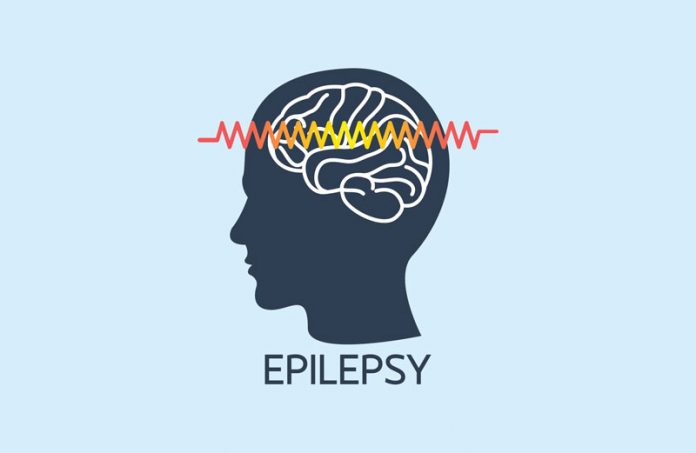An epileptic is someone who has recurring seizures or fits. These can be caused by a sudden build up of electricity which disrupts the brain’s messages. Epilepsy can develop for many different reasons. For example, through brain damage, strokes, infections or an inherited medical condition, but for some people there is no known cause.

There are around 40 different types of seizure ranging in severity from absences to convulsions (Rolandic seizure). A doctor may use one of three terms when making a diagnosis: idiopathic- no cause, cryptogenic- a cause is likely, or symptomatic- cause identified.

Epilepsy can take years to diagnose because of the different symptoms. Patients are recommended to keep a diary detailing when and where they had a seizure and to get someone to detail what happened.

Some people may experience an aura before they have a fit. An aura is a sensation like a strange taste or a stomach ache and can enable you to get to a safe place to prevent injury.

In order to gain a diagnosis doctors may carry out some tests. These can include, but are not limited to an EEG, CT scan, MRI scan and blood tests. They may also ask about your family history, medical history and lifestyle.

For some people their epilepsy may be triggered by something. Stress is one of things that may set off seizures in a few epileptics. Others may suffer from photosensitive epilepsy, where flashing lights is a trigger and therefore have to avoid computers and strobe lighting.


















